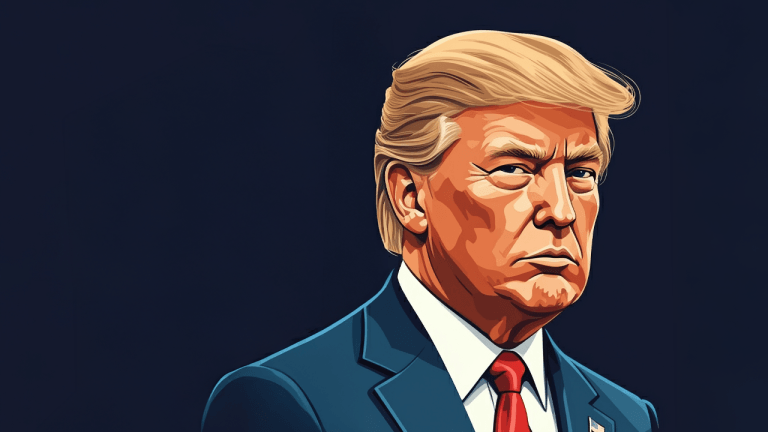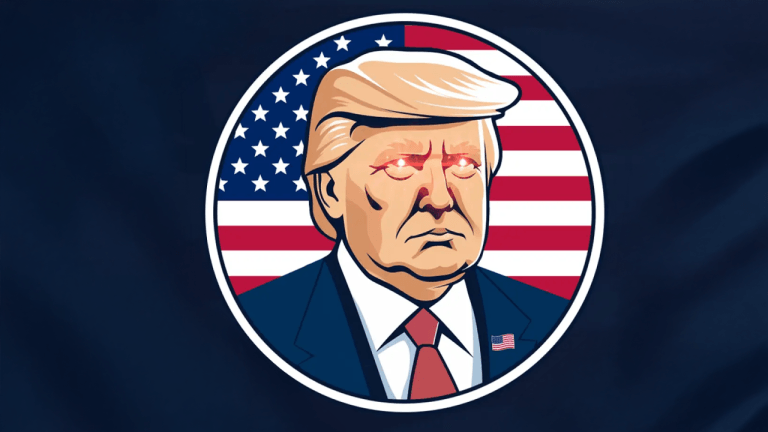
Blockchain startups grow as global VC funding generated $25.2B in 2021

A 713% increase in venture capital funding went to global blockchain startups last year, but will this trend continue?
Last year was impressive for blockchain startups, as research from CB Insights found that venture capital funding reached new heights during every quarter of 2021. According to CB Insights’ “State Of Blockchain 2021” report, $25.2 billion worth of venture capital funding went to global blockchain startups last year, demonstrating a 713% increase from $3.1 billion in 2020.
The report also found that the United States led the greatest amount of funding deals in Q4 of last year, generating $6.26 billion for 157 deals. The document notes that global growth was driven by increasing consumer and institutional demand for crypto-related products and services.

VC funding focused on crypto adoption
Chris Bendtsen, a senior analyst at CB Insights, told Cointelegraph that CB Insights’ report contains data aggregated from private marketing funding from over 3,000 blockchain and crypto companies that the firm regularly tracks. Bendtsen further explained that while the title of the report references blockchain, this serves as an overarching category that includes cryptocurrency, nonfungible tokens (NFT), enterprise blockchain and decentralized finance (DeFi). Bendtsen pointed out that the majority of VC funding mentioned throughout the report was allocated to crypto-focused startups. The report states:
“Over $100M mega-rounds (worth $100m+) were the driving force behind blockchain’s record funding year. The 59 mega-rounds in 2021 accounted for just 5% of total deals but 60% of total funding. The biggest mega-round deals went to crypto exchanges, brokerages, NFTs, gaming, and payments.”

According to the report, $1 out of every $4 worth of funding went to crypto exchanges and brokerages, which also equates to a quarter of all global blockchain funding in 2021. Bendtsen remarked that while the biggest deals went to major crypto exchanges such as FTX — which ranked as the second-largest equity deal for brokerages and exchanges in Q4 of 2021 — funding for country-specific exchanges has also been on the rise.
For instance, CoinSwitch Kuber, one of the largest crypto trading platforms in India, ranked No. 4 for top equality deals for brokerages and exchanges in Q4 of 2021, generating over $260 million in its recent Series C funding round. “Based on these findings, it’s become evident that we are seeing the globalization of crypto, as more country-specific exchanges are raising impressive rounds,” said Bendtsen.

Bendtsen further pointed out that global VC funding for crypto custody and wallet providers reached $6.3 billion last year. “Toward the beginning of 2021, a lot of funding was going to consumer-driven exchanges, but there was a shift later in the year that saw major funding rounds go to crypto custody providers and custodians,” he remarked.
For example, the New York Digital Investment Group (NYDIG) ranked as the top equity deal in Q4 of 2021 under the category of custody and wallet providers. In December 2021, the institution specializing in Bitcoin (BTC) financial services secured a $1-billion equity investment led by WestCap Group. Fireblocks, the digital asset custody platform, ranked directly under NYDIG with its $550-million raise from Sequoia Capital.
Michael Shaulov, CEO of Fireblocks, told Cointelegraph that he believes investors are paying more attention to custody and wallet providers because this has been the biggest barrier to entry for institutional participation. “Having a direct custody solution and technologies that can plug and play into the crypto capital markets is a game-changer for businesses and individuals alike,” he said.
“Our investors see us as the picks and shovels of the crypto industry. This includes everything from direct custody wallets and settlement networks to compliance integrations with Chainalysis and Elliptic, along with access to staking providers.”
In regard to the company’s latest funding round, Shaulov said that Fireblocks plans to expand its offerings to include securing high-value transactions around DeFi and NFTs. This is important, especially now as the number of scams and fraudulent activities within the DeFi and NFT sectors has increased.
Although criminal activity within the NFT space has started to quickly unfold, the CB Insights report found that funding allocated to NFT startups grew by a margin of 130 times. In 2020, NFT startups generated $37 million in VC funding, which reached $4.8 billion in 2021. “Gaming, marketplaces, and infrastructure are the top 3 NFT categories driving the funding craze,” the report highlighted.

Animoca Brands, which ranked as the No. 1 investor by company count in Q4 of 2021 according to CB Insights, made at least 49 investments in blockchain projects last year. Yat Siu, co-founder and executive chairman of Animoca Brands, told Cointelegraph that NFT and blockchain gaming overall were major drivers of the growth in funding last year:
“We have always believed that NFTs, and in particular gaming, are key to the mass adoption of blockchain, and I think what happened in 2021 strongly suggests that this thesis will be realized in 2022. It’s interesting to note that in 2021, many new blockchain users entered the world of crypto not because of cryptocurrencies but because they were seeking to acquire NFTs.”
Traditional VCs take an interest
In addition to where funds are going, Bendtsen noted that the CB Insights report found that more traditional investors started taking interest in blockchain startups last year:
“Over the course of 2021, Andreessen Horowitz jumped out as a smart-money investor. They are one of the biggest VC firms in the world and announced a huge crypto-focused fund in June of last year.”
As Cointelegraph previously reported in June 2021, the Silicon Valley venture firm launched “Crypto Fund III,” a $2.2-billion venture fund co-led by Andreessen Horowitz general partners Chris Dixon and Katie Haun. According to the CB Insights report, Andreessen Horowitz was ranked as the No. 3 blockchain investor in 2021, falling under Coinbase Ventures and China’s AU21. “Our numbers show that Andreessen Horowitz invested in 46 blockchain startups last year, the third-most of any investor out there, including the crypto-focused funds. This shows that we are seeing more traditional firms coming into the crypto space,” remarked Bendtsen.
While this may be, Siu noted that Andreessen Horowitz has had a much longer history with blockchain investments. For instance, the venture firm invested in blockchain-company Dfinity in 2018. As such, Siu remarked that while Andreessen Horowitz isn’t new to the space, the company did ramp up its investments in Web3 startups throughout 2021.
“It is very clear that A16z and other major investors like Sequoia China understand the enormous potential of Web3 and of the value that the application of blockchain can deliver, and they are investing accordingly,” he said. Given this, Siu believes that more well-known venture capitalists and firms will continue to invest in blockchain startups, particularly those innovating with NFTs.
Will crypto price volatility impact funding?
While recent growth for blockchain startups has been impressive, crypto price volatility and unclear regulations may create challenges for companies looking to raise funds in the future. For instance, rising inflation in the United States may further impact the price of Bitcoin. Also, unclear regulations around NFTs could be detrimental for new companies entering the space.
Although these challenges should be carefully considered, Bendtsen explained that none of the data recently generated from CB Insights indicates any type of slowing down for funding. “The fact is that these investors view crypto as a long-term play. I, therefore, don’t think the lower crypto prices today will affect startup funding in the future.” Shaulov added that he believes there will be growing agreement around cryptocurrency regulation around the world, which will ultimately fuel retail and institutional adoption.
Go to Source
Author: Rachel Wolfson









